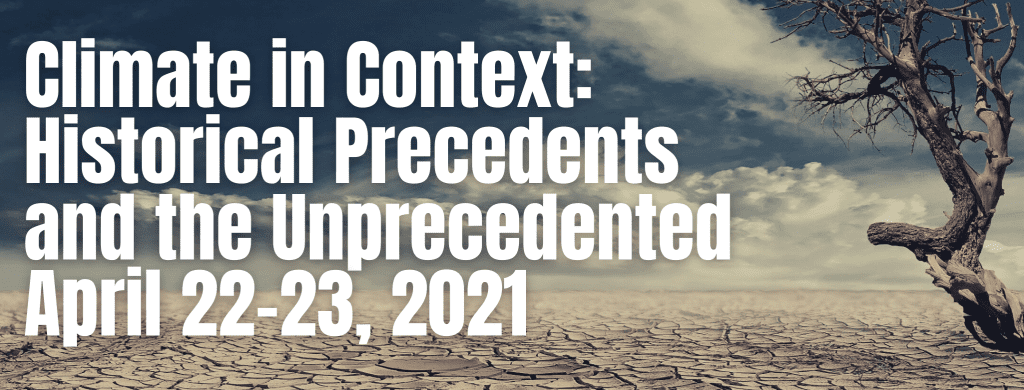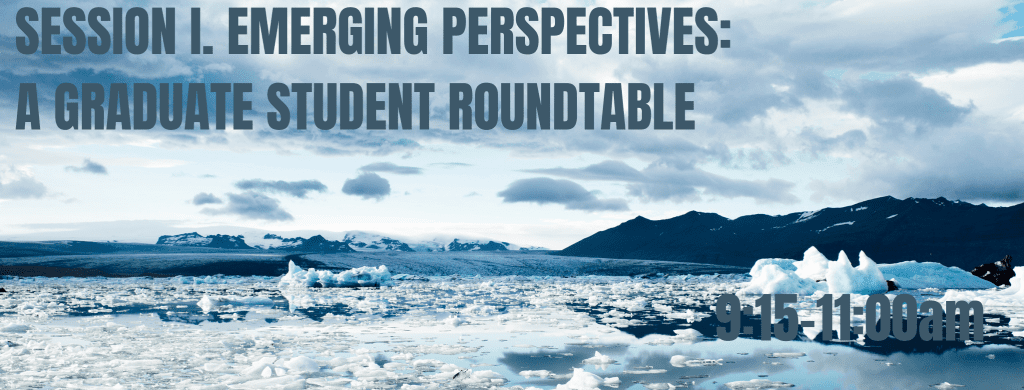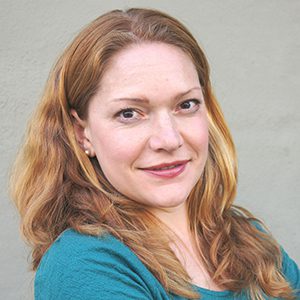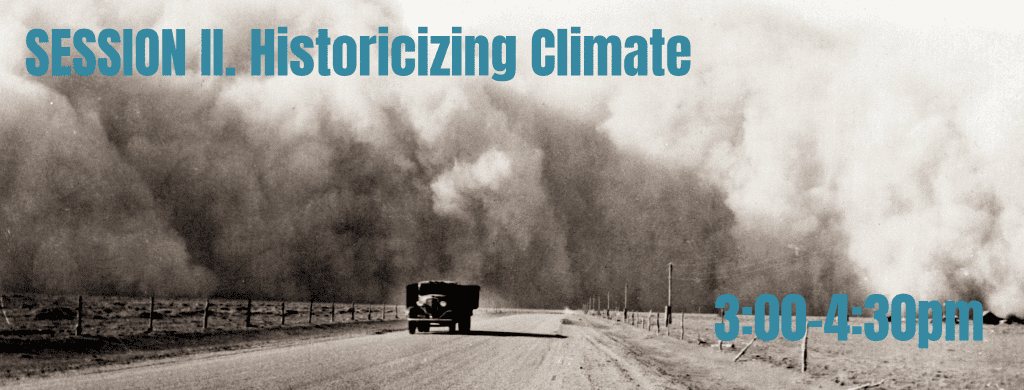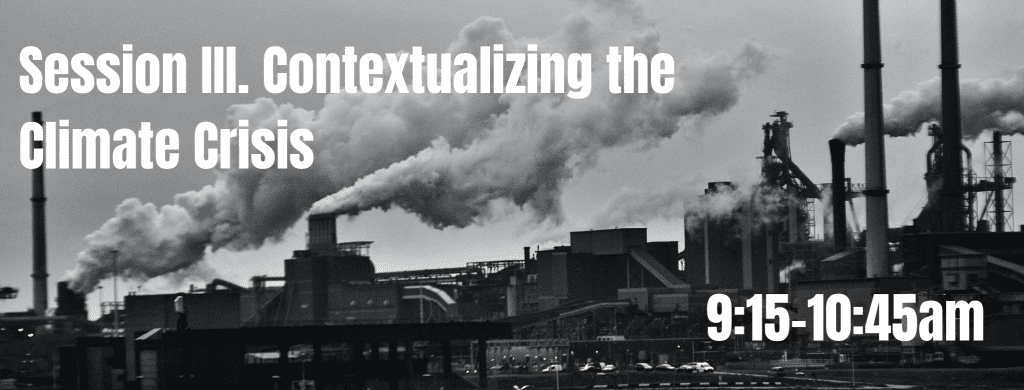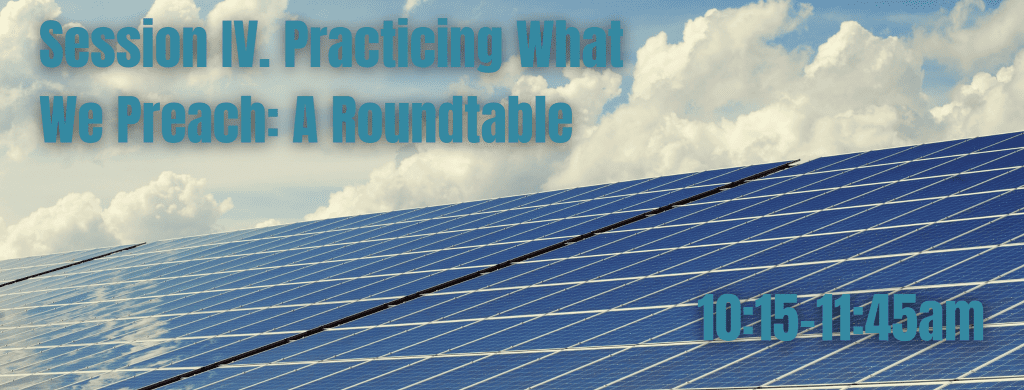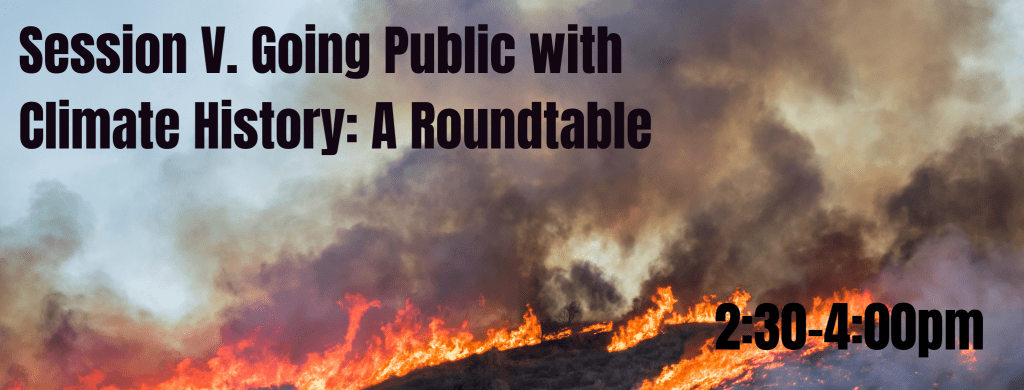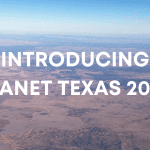April 22-23, 2021
Institute for Historical Studies, University of Texas at Austin
Free and open to the public. Register to attend here.
This conference brings together diverse scholars whose work grapples with the challenges that climate change presents to the discipline of history. Participants will address precedents for this “unprecedented” crisis by uncovering and analyzing the historical roots and analogues of contemporary climate change across a wide range of eras and areas around the world. Can history offer an alternative to visions of the future that appear to be determined by prevailing climate models, and help provide us with new ways of understanding human agency?
THURSDAY, APRIL 22
9:00-9:15am
Opening Remarks
Daina Ramey Berry
Chairperson of the History Department & Oliver H. Radkey Regents Professor of History
University of Texas at Austin
Miriam Bodian
Director of the Institute for Historical Studies & Professor of History
University of Texas at Austin
Land Acknowledgement
Luis Cárcamo-Huechante (Mapuche)
Director of Native American and Indigenous Studies
University of Texas at Austin
Conference Theme Introduction
Erika Bsumek
Associate Professor of History
University of Texas at Austin
Megan Raby
Associate Professor of History
University of Texas at Austin
9:15-11:00am
Session I. Emerging Perspectives: A Graduate Student Roundtable
Mary E. Mendoza (Commentator), Pennsylvania State University
“An Upwelling of Stone: Climate Change and Infrastructure Agendas in Early Modern India”
Jonathan Seefeldt, University of Texas at Austin
“Cultivating Parasitism: Early Modern Insect Crops and the Limits of Commodification”
Diana Heredia-López, University of Texas at Austin
“Technological Ambivalence: Skiers and the History of Climate Solutions”
Jesse Ritner, University of Texas at Austin
“Racial Capitalism and Climate Justice: Historical Perspectives on Environmental Racism in Texas”
Micaela Valadez, University of Texas at Austin
“African Americans, Slavery, and the Long History of Environmental Degradation on the Gulf Coast”
Brooks Winfree, University of Texas at Austin
1:00-2:30pm
Opening Keynote Address
“The Reindeer and the End of the World: Apocalypse, Climate, and Soviet Dreams”
Bathsheba Demuth, Brown University
3:00-4:30pm
Session II. Historicizing Climate
Megan Raby (Chair), University of Texas at Austin
“Beyond Numbers: Knowing Typhoons in Late Imperial China”
Clark L. Alejandrino, Trinity College Hartford
“Degrees of Vulnerability: Why We Need a Feminist History of Climate Science”
Deborah Coen, Yale University
“The Anthropocene and Epistemological Colonialism: The 18th-Century Spanish American Origins of Humboldt’s Global Histories of the Earth and Climate Change”
Jorge Cañizares-Esguerra, University of Texas at Austin
“Measuring Climate by Proxy”
Melissa Charenko, Michigan State University & IHS Fellow
5:00pm
Virtual Reception: All Panelists Welcome for Informal Discussion
FRIDAY, APRIL 23
8:00-8:15pm
Opening Remarks
David Mohrig
Associate Dean for Research, Jackson School of Geosciences
University of Texas of Austin
8:15-9:45am
Session III. Contextualizing the Climate Crisis
Tracie Matysik (Chair), University of Texas at Austin
“Skin and Fuel: Some Episodes from the Fossilization of Whiteness”
Andreas Malm, Lund University
“The Cene Scene: Modernization Myths, Navajo Coal Development, and the Making of Arizona”
Andrew Curley, University of Arizona
“States of Second Nature”
Victor Seow, Harvard University
“Agency and Scale in the Historical Making of the Climate Crisis”
Christopher Sellers, Stony Brook University & IHS Fellow
10:15-11:45am
Session IV. Practicing What We Preach: A Roundtable
Erika Bsumek (Chair), University of Texas at Austin
“We Use the Living Earth to Make Our Histories”
Andrea Gaynor, University of Western Australia
“Rural Black Social Life in the Chesapeake After the 1933 Great Hurricane”
J. T. Roane, Arizona State University
“Louisiana: Race, Justice, and the Ecological Legacies of the Plantation Economy”
Justin Hosbey, Emory University
“Writing History into the IPCC’s Sixth Assessment Report”
Paul N. Edwards, Stanford University
“Isn’t all Environmental Humanities ‘Environmental Humanities in Practice’?”
Dolly Jørgensen, University of Stavanger
12:00-1:30pm
Working Lunch for all Panelists
2:30-4:00pm
Session V. Going Public with Climate History: A Roundtable
Joan Neuberger (Chair), University of Texas at Austin
“Specific Constraints for a Universal Challenge: Navigating Resources and Space to Create a History of Climate Science Exhibition”
D. O. McCullough, American Philosophical Society
“When Will It Be Over? Water, Flood, Toxics, and the Duration of Colonial Legacies in Philadelphia”
Bethany Wiggin, University of Pennsylvania
“Indian Ocean Current”
Prasannan Parthasarathi, Boston College
“Modeling Virtual Angkor: An Evolutionary Approach to a Single Urban Space”
Tom Chandler, Monash University & Adam Clulow, University of Texas at Austin
4:15-4:30pm
Concluding Remarks
Erika Bsumek
Associate Professor of History
University of Texas at Austin
Megan Raby
Associate Professor of History
University of Texas at Austin
4:30-6:00pm
Closing Keynote Address
Naomi Oreskes, Harvard University
Photo Credits:
Banner Image: Research@MSU, Michigan State University; Session 1: NASA Jet Propulsion Laboratory: Greenland, Iceland, & Gulf Coast Deployment; Photograph of Bathsheba Demuth; Session 2: A black blizzard over Prowers County, Colorado, 1937. Source: Western History Collection, University of Oklahoma; Session 3: Photo by Frans Van Heerden from Pexels; Session 4: Photo by Pixabay from Pexels; Session 5: Patch: Fairfax Controlled Burn Planned; Photograph of Naomi Oreskes
The views and opinions expressed in this article or video are those of the individual author(s) or presenter(s) and do not necessarily reflect the policy or views of the editors at Not Even Past, the UT Department of History, the University of Texas at Austin, or the UT System Board of Regents. Not Even Past is an online public history magazine rather than a peer-reviewed academic journal. While we make efforts to ensure that factual information in articles was obtained from reliable sources, Not Even Past is not responsible for any errors or omissions.
